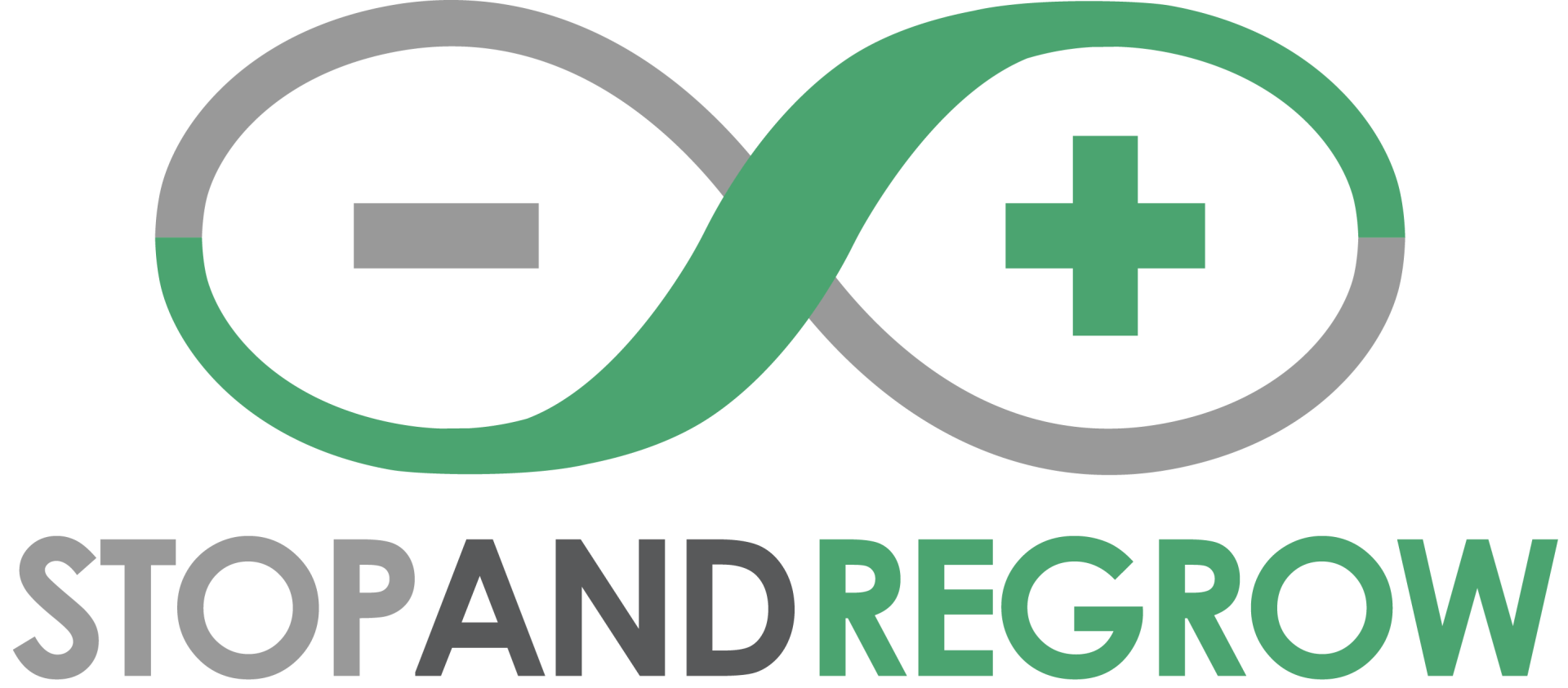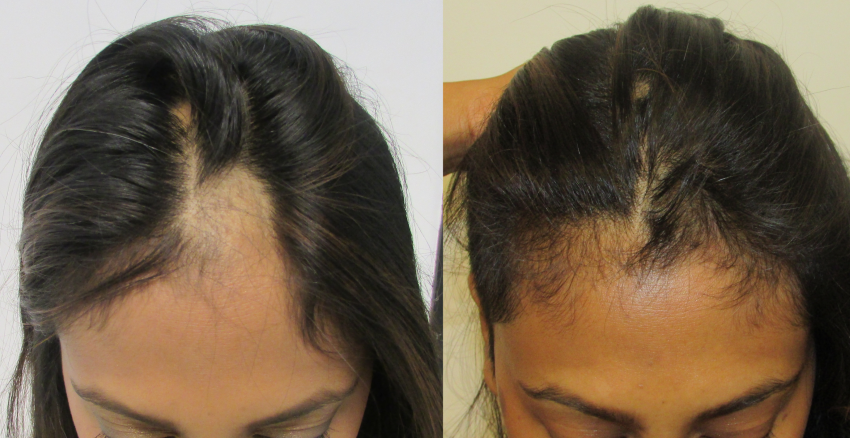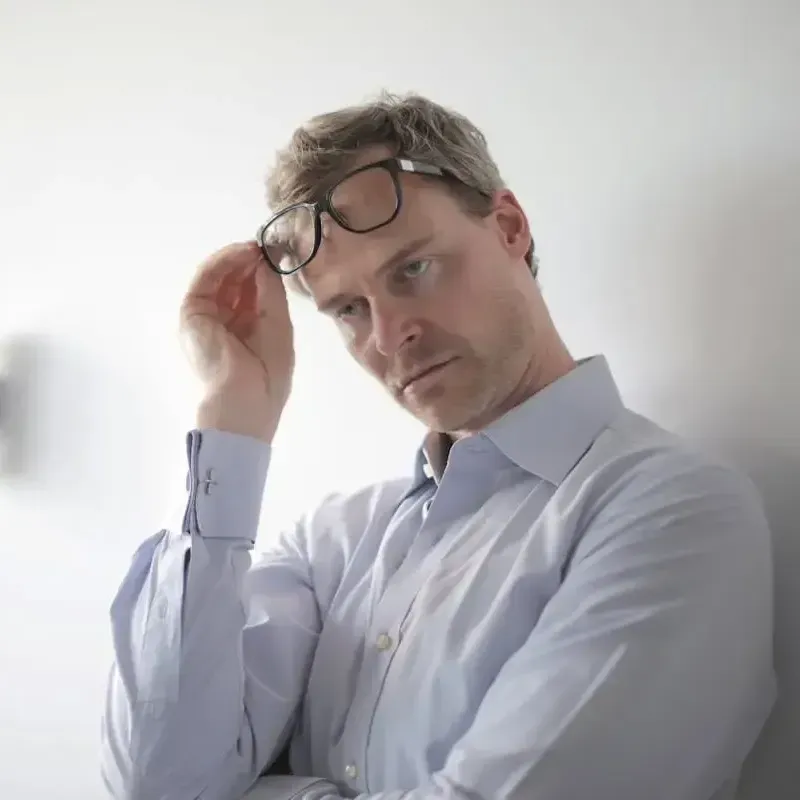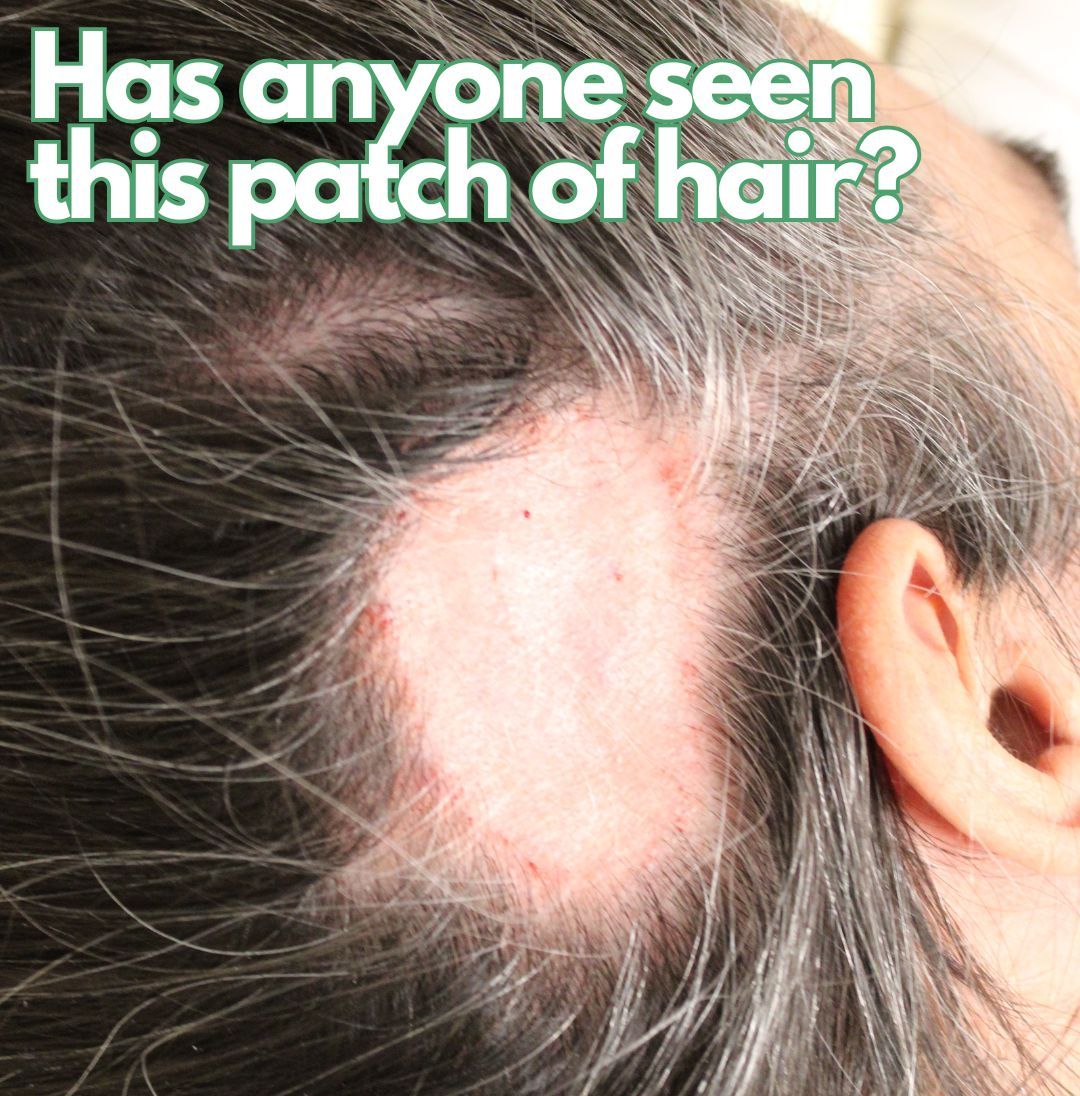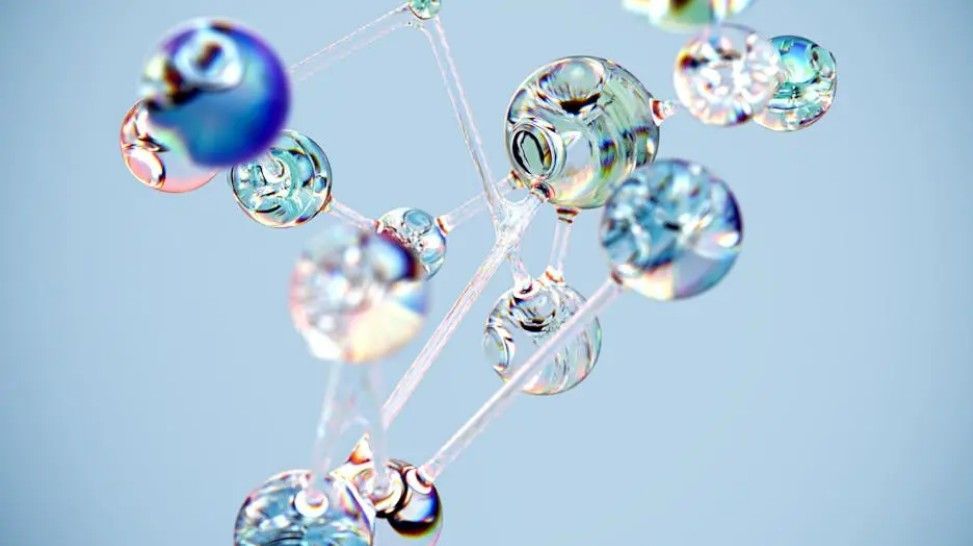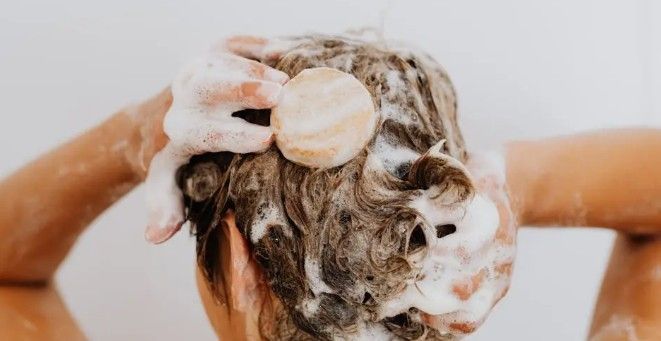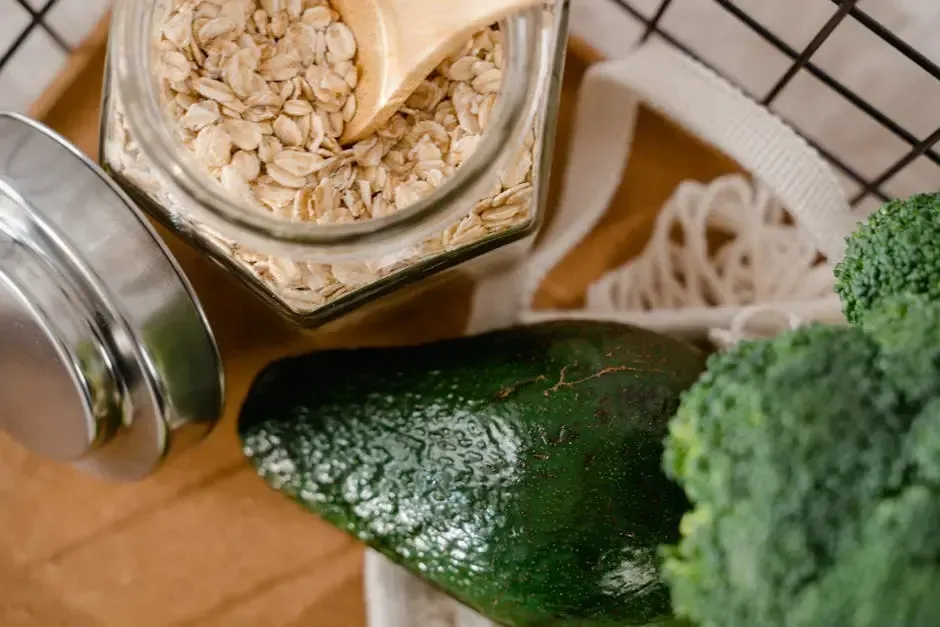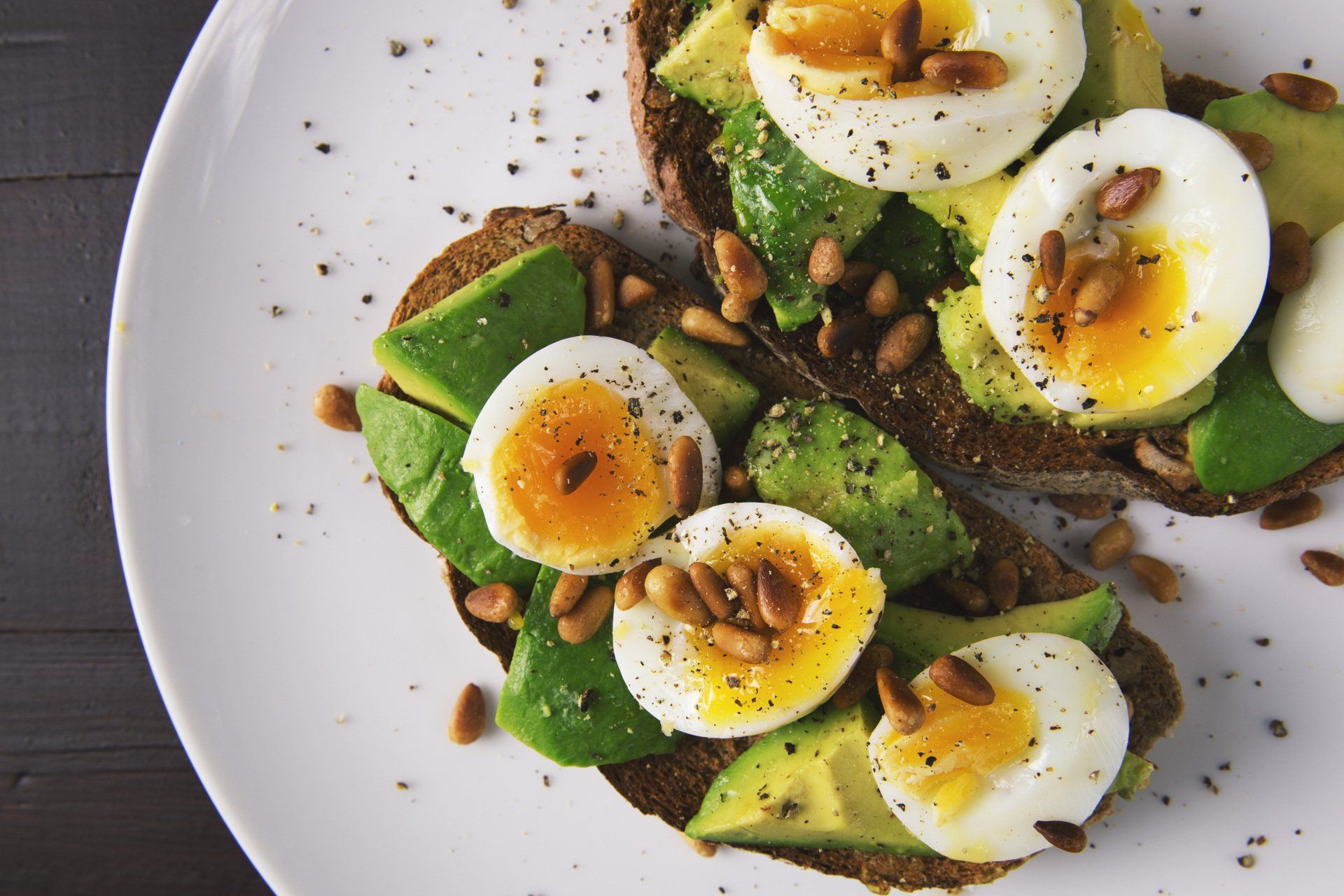Why Blocking DHT Is Not the Answer When It Comes To Hair Loss
The Inside Story On DHT and Its Impact On Hair Growth
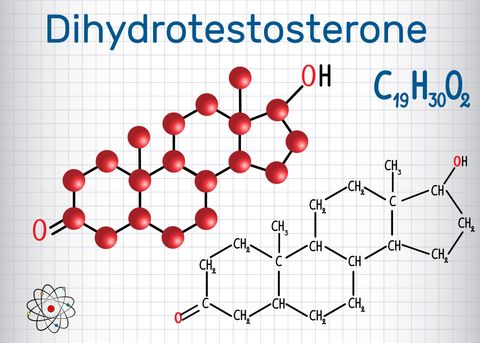
What is DHT?
DHT or Dihydrotestosterone is one of the four primary hormones that control our body’s health, vitality and mood. The other three being Total Testosterone, Free Testosterone and Estrogen.
DHT is the hormone responsible for development of male characteristics of the male embryo in the womb and then later again at commencement of puberty.
DHT is created by the enzyme 5-alpha reductase which converts Testosterone into DHT by adding additional hydrogen molecules. But let’s look even deeper at what DHT and Testosterone are made of:
- Formula for Testosterone: C19 H28 O2
- Formula for DHT: C19 H30 O2
The only difference, as you can see, are the two extra Hydrogen ions
on the DHT. You can read more about where these hydrogens come from in a previous article on this topic via the link above.
So When and How does DHT Cause Problems?
What Dr Nettles has found after reviewing many thousands of sets of labs via his Biochemical Report Card is that there is an ideal ratio of DHT in relation to the other hormones and in fact between all our hormones. When all our hormones are within these ideal ratios our bodies are balanced and operate at optimal health.
You can read more about what DHT is
and how it impacts our hair follicles
in previous articles on the topic here.
What Happens When We Are Out of Balance?
When our hormones and/or our nutritional intake become out of balance we can experience many symptoms depending on which hormones or macronutrients are too high and which are too low. Some examples besides hair loss include: fatigue, moodiness, anxiety, irritability, prostate growth leading to prostate cancer, inability to build muscle, man boobs, weight gain, diabetes, heart disease, osteoporosis, erectile dysfunction, high cholesterol, thyroid problems, fatigue and many more.
What a wonderful thing that a blood test like the Biochemical Report Card
can provide you with the knowledge (and freedom) to learn how your body works well enough to optimize it and not only feel better and improve your current quality of life but also prevent future disease.
How do our hormones become out of balance?
There are a number of reasons that our hormones become out of balance. Here are just some that we see in the Stop and Regrow office.
Food Ingredients We Eat:
• Do we bring in enough of the food ingredients we need to make the amount of hormones that are optimal?
• Do we bring in too much of certain ingredients that over stimulate the enzymes which create individual hormones such as DHT or Estrogen and cause us to become out of balance?
• Do we eat too many carbohydrates that break down to extra hydrogen ions in our system and cause problems?
Genetics:
• Our inherited genetics determine our total hormone cap or how much our bodies can make if nutrition is optimal.
• Did we inherit defects on any of the enzymes that make or convert hormones in our body?
Age:
• As we get older, the amount of total testosterone our body produces reduces over time. It is highest in our early 20’s then reduces by about 3-4% per year until there isn’t sufficient to keep us alive. The activity of the enzymes which convert this to other hormones don’t reduce however causing us to become out of balance gradually over time depending on where we started.
• Another thing that happens as we age is that our taste buds change and we lose taste for items that are not sweet. This leads people to prefer to eat more of sweeter tasting foods such as the carbohydrates which break down to hydrogen ions rather than the proteins and fats that keep our bodies balanced.
Over Supplementation:
• Hormone replacement therapy or supplementation is extremely helpful for many people in retaining healthy vitality and optimal hormone ranges. It is important however not to over supplement or problems can occur. When too much testosterone is supplemented on a regular basis the body can determine that it does not need to produce its own anymore and will shut down production (often permanently).
• Hormone supplementation without blood-work to understand exactly which hormones should be supplemented and by how much can produce unintended consequences such as increases or relative decreases in other hormones that result in imbalance.
Is There Anything That Can Be Done Naturally to Balance Our Hormones?
The answer is it depends. As you can see from above there are many very complex sets of factors that should all work together in symphony to produce your optimal biochemical balance.
The good news is that now we have Dr Nettles’ Biochemical Report Card
which can provide us feedback on all the different factors including hormones, enzymes, nutrition and other lifestyle factors so we can understand our current level of imbalance and guide how to rebalance.
So Should We Be Blocking DHT?
The short answer here is no, we do not want to block DHT production completely. We do still need some DHT, it’s just that the ratio compared to our other hormones is important.
So Should I Take Traditional DHT Blockers like Finasteride/Propecia? Will That Work to Save My Hair?
One thing to remember is that the current DHT blocking medications available commercially were created with the intention to block DHT completely in people already diagnosed with prostate cancer. One of the “side effects” of having more DHT than you need is prostate growth which leads eventually to prostate cancer once the prostate gets large enough. Just like we block Estrogen completely in women who have breast cancer.
In fact, the hair related properties of Propecia were discovered as a side effect for men being treated for prostate cancer. Propecia was never created intentionally to treat hair loss.
While this may be one way to slow down or retard the progression of hair loss, many men find that over time it becomes less effective, plus the resulting imbalance that is caused by blocking production entirely results in a host of other symptoms caused by the new imbalance.
So Is There Something That Will Work to Both Stop Hair Loss and Regrow Thinning Hair?
Yes. But it’s not the same for everyone. What Dr Nettles has found is that each one of us is different and we have different levels of hormones and nutritional intake and environmental factors that impact our health. Hair loss is one of many symptoms that occur as a result of this imbalance. Our goal at Stop and Regrow is to get you optimally balanced and so healthy that your hair will regrow on its own. We just speed it along a little with a very effective hair growth stimulant that helps improve the health and size of your hair follicles.
Taking the first step to understand your hair loss is a simple one. Book your Stop and Regrow assessment
and take your biochemical report card labs
today.
Recent Articles From Our Blog
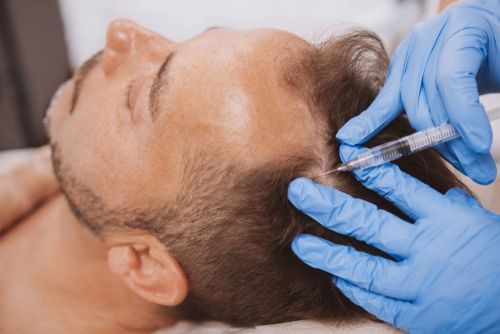
Platelet-Rich Plasma is not the cure for hair loss. PRP works to stimulate hair growth, kind of like a stronger, more natural Rogaine. In fact, although the success seen by the approximately 65% of the very few patients who have experimented with it so far is higher than the number who also temporarily see success from Rogaine, it is just like Rogaine, short-lived in its effect.
